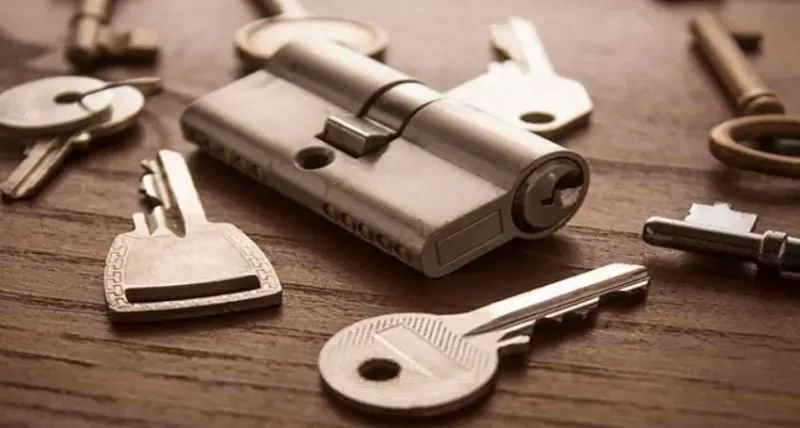Unlocking the Craft: The Art, History, and Future of Locksmithing
2025-01-15 09:42

Locksmithing, often seen as a quiet guardian of our security, is an age-old craft that continues to evolve and adapt to modern needs. In a world where protecting our valuables and loved ones is essential, locksmiths play a vital role in ensuring the safety and integrity of our locks and keys. In this article, we will share with you the history of Locksmithing, the skills required, and how locksmiths have adapted to the technological advancements in today’s security systems.
The History of Locksmithing
Locksmithing’s origins date back to ancient civilizations, where the need to protect valuables led to the creation of early locking mechanisms. The earliest locks were rudimentary wooden devices that provided a basic level of security. As metallurgy advanced, these locks became more durable and complex, with metal becoming the primary material for crafting locks. The Industrial Revolution further transformed locksmithing, as mass production techniques allowed locks to be made more efficiently and standardized, leading to the widespread availability of secure locking mechanisms.
.jpg)
Skills and Expertise
Modern locksmiths are highly trained professionals, possessing a diverse skill set that extends far beyond basic lockpicking. Today’s locksmiths are experts in a range of services including key cutting, lock installation and repair, the setup of electronic access systems, and even forensic locksmithing. They must be skilled in traditional Professional Lock Pick Sets techniques while also being aware of cutting-edge technology.
In addition to mastering these practical skills, locksmiths are required to stay current with the latest developments in security systems. With the rise of smart locks, biometric access controls, and other high-tech security devices, locksmiths have had to merge traditional craftsmanship with advanced technological knowledge. This ensures they can offer comprehensive security solutions, whether through manual lock systems or digital security devices.
Emergency Services
One of the most crucial roles of a locksmith is providing emergency services. Whether it's a lockout situation, lost keys, or a broken lock, locksmiths are the first responders in these stressful scenarios. They often work 24/7, ready to assist with any emergency, making their services indispensable. Their ability to quickly assess a situation and offer immediate solutions—such as opening locked doors or repairing broken locks—makes them a valuable resource in times of crisis. For many, a locksmith is the person who can turn a frustrating experience into a quick and easy solution.
Ethical Considerations
While locksmiths are often trusted with providing access to locked spaces, they must also adhere to a strict ethical code. A legitimate locksmith must ensure they only provide their services to individuals who have the legal right to access the property in question. This commitment to ethical practice is critical in distinguishing professional locksmiths from those who may engage in unethical or illegal activities. Customers can feel assured that a reputable locksmith follows strict guidelines and legal standards, safeguarding the integrity of their profession.
The Role of Technology
As technology continues to evolve, so does locksmithing. Today, locksmiths work with an increasing number of advanced security systems, such as electronic locks, biometrics, and smart access systems. The integration of these modern technologies into everyday security measures requires locksmiths to acquire new knowledge and adapt their skill sets. They must be able to troubleshoot, repair, and maintain these complex systems, ensuring that all layers of security remain functional and up to date.
The rise of smart homes, with devices that control access and monitor security, has significantly broadened the scope of locksmithing. Locksmiths are no longer solely focused on traditional lock-and-key systems; they are now also tasked with maintaining digital security networks. These advancements in technology allow for more secure, user-friendly, and innovative access solutions, but they also pose challenges that require continuous learning and adaptation.

Conclusion
Locksmiths play an essential role in the balance between security and access. Their expertise in both traditional locksmithing and modern security technology makes them indispensable guardians of our homes, businesses, and personal safety. The evolution of locksmithing from basic metal Locksmith Sets to cutting-edge digital systems has ensured that locksmiths remain at the forefront of protecting what matters most. As the world becomes increasingly interconnected, locksmiths will continue to adapt and provide the skills necessary to keep us safe in both the physical and digital realms. In a rapidly changing landscape, locksmiths will always be the key to maintaining secure access and peace of mind.

 Like Us on Facebook to enjoy 5% discount
Like Us on Facebook to enjoy 5% discount